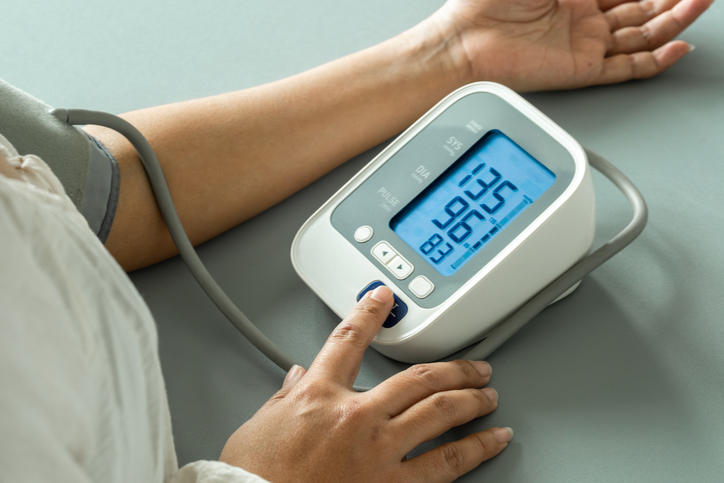
This week’s edition features some drug updates: one on SGLT-2 inhibitors in type 2 diabetic patients, and another on some common drugs. Workers in shift-heavy industries (travel, hospitality, medical, law-enforcement, warehousing, and others) may want to take a peek at the new analysis mentioned here as well.
Over-the-Counter Conundrum: What Patient Should Be Prescribe What Drug
The ready availability and similarities of many over-the-counter pain medications can be daunting for patients, making the role of the clinician in helping them decide which medication to take when important. Among the interesting findings in a new report of over-the-counter non-steroidal anti-inflammatory drugs (NSAIDs) and others was the factoid that more than half of patients admitted to emergency care for taking too much of one of these drugs are admitted for acetaminophen (Tylenol) overdose. “The factors in the decision of whether and, if so, which drug to prescribe for relief of pain and inflammation, should not be limited to risks of cardiovascular or gastrointestinal side effects.,” said Charles H. Hennekens, MD, DPH, corresponding author of the Schmidt College of Medicine, said in in the news release. “These considerations should also include potential benefits including improvements in overall quality of life resulting from decrease in pain or impairment from musculoskeletal pain syndromes.”
https://www.docwirenews.com/docwire-pick/cardiology-picks/over-the-counter-pain-medication-cv-renal-hepatic-risk/
—
Shift Work Puts Some Employees At Higher Risk for Developing Heart Disease
Not-so-great news for those in shift-based work, unfortunately. A new review of previous research suggests that those who work in alternating (day/night) shifts tend to have an increased risk for metabolic disorder, which is itself a significant risk factor for developing heart disease, diabetes, and even stroke. The study included dozens of experimental papers, reviews, and other research. The researchers determined that the disruptions in circadian rhythms are associated with hormonal disruptions that cause downstream problems with metabolism and other functions. The researchers recommended getting seven to eight hours of sleep per night, controlling light exposure, and increasing exercise/improving diet.
https://www.docwirenews.com/cardiology/shift-worker-circadian-rhythm-sleep-heart-disease/
—
SGLT-2 Inhibitors Spread the Benefits Around in Type 2 Diabetics
A new analysis of clinical trials shows that SGLT-2 inhibitors spread the benefits to many different subgroups of patients with type 2 diabetes. According to the results, there was no evidence that the effects of the SGLT-2 inhibitor effect varied cross patient subgroups, and all patient subgroups showed some benefit with respect to hospitalization for heart failure, cardiovascular death, and any-cause mortality. Stroke showed a slight difference in the subgroups, with a protective effect observed in patients with reduced kidney function, but not in those with preserved kidney function.“While the extent of this protective effect may vary across patient types, the consistency of the findings suggests significant and broad cardiovascular protection can be achieved from use of this drug class,” one of the researchers said.
https://www.docwirenews.com/cardiology/sglt-2-inhibitors-provide-cv-benefits-for-all-type-2-diabetes-analysis/







 © 2025 Mashup Media, LLC, a Formedics Property. All Rights Reserved.
© 2025 Mashup Media, LLC, a Formedics Property. All Rights Reserved.